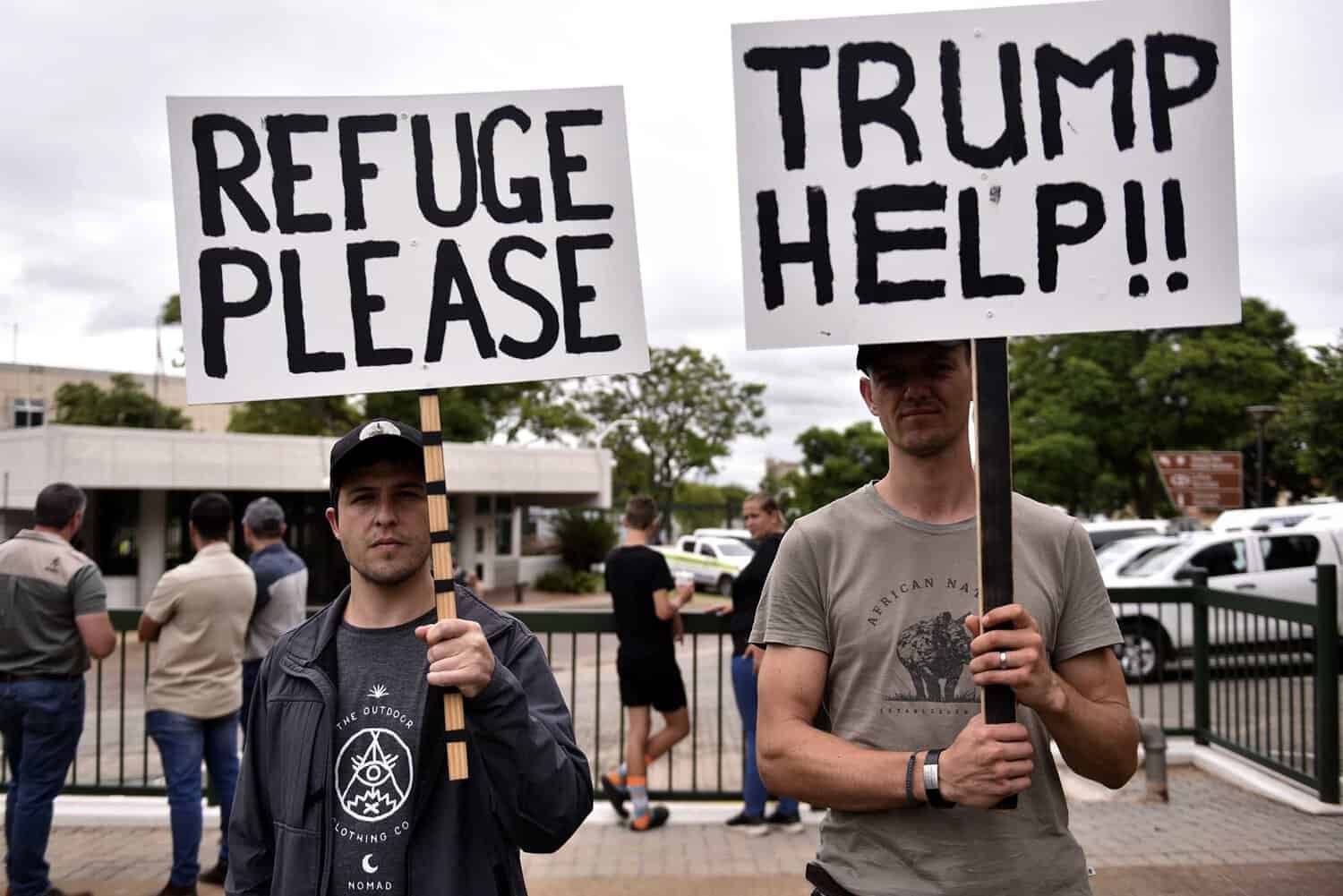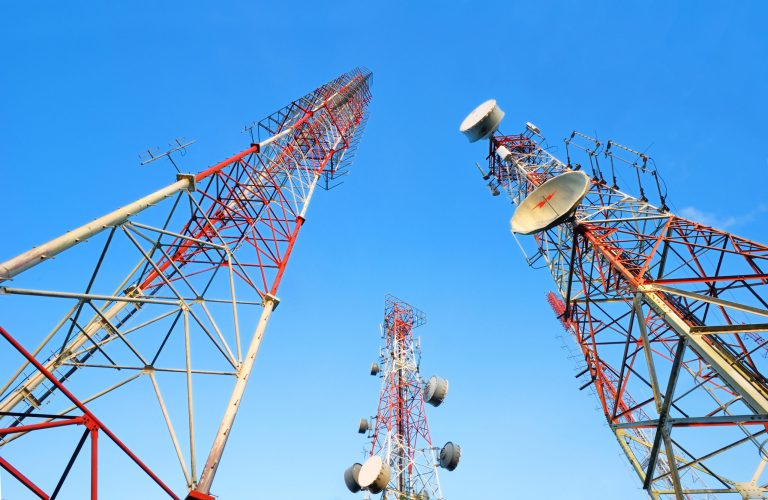
To those who experienced apartheid, it is almost impossible to believe that Afrikaners, as a people, have been some of the most democratic in the world.
But that democracy was only applicable to their own volk, as South African history shows us, with its myriad examples of Broedertwis (which literally means “conflict between brothers”).
There were plenty of such conflicts over the years, the seminal one being that which sparked the Great Trek away from the Cape by Afrikaners who could not tolerate the system there. Even today, descendants of those Afrikaners occasionally refer, pejoratively, to those who stayed in the colony there as “Cape Dutch”.
As South Africa headed towards democracy in the late 1970s and 1980s, many who hailed the Afrikaner victory in the 1948 elections became disillusioned with the ruling National Party and embarked on many a great political trek of their own.
As a people, Afrikaners are opinionated and often show little tolerance for views of those who differ with them.
That is why it is no surprise that the conservative Afrikaner groupings – those pushing the “white genocide” and “affirmative action is racist” narratives – are less than pleased that a group of Afrikaners has stood up against them to say “Not in my name!” to those who peddle such stories to Donald Trump and other right-wingers around the world.
ALSO READ: Afrikaners reject misuse of their story in US politics
In an open letter this weekend, the group – which included clerics, academics, journalists and businesspeople – said they were concerned at the “hijacking of our identity by ethnic fringe groups both in South Africa and abroad”.
They objected to being used as “pawns in America’s culture wars” and a narrative which “reduces a complex social context and necessary levelling of playing fields into a simplistic symbol of white decline”.
It took guts to say those things. We salute them for that.
READ NEXT: US ambassador-designate aims to take SA to task over ‘Afrikaner genocide’ and ICJ [VIDEO]

